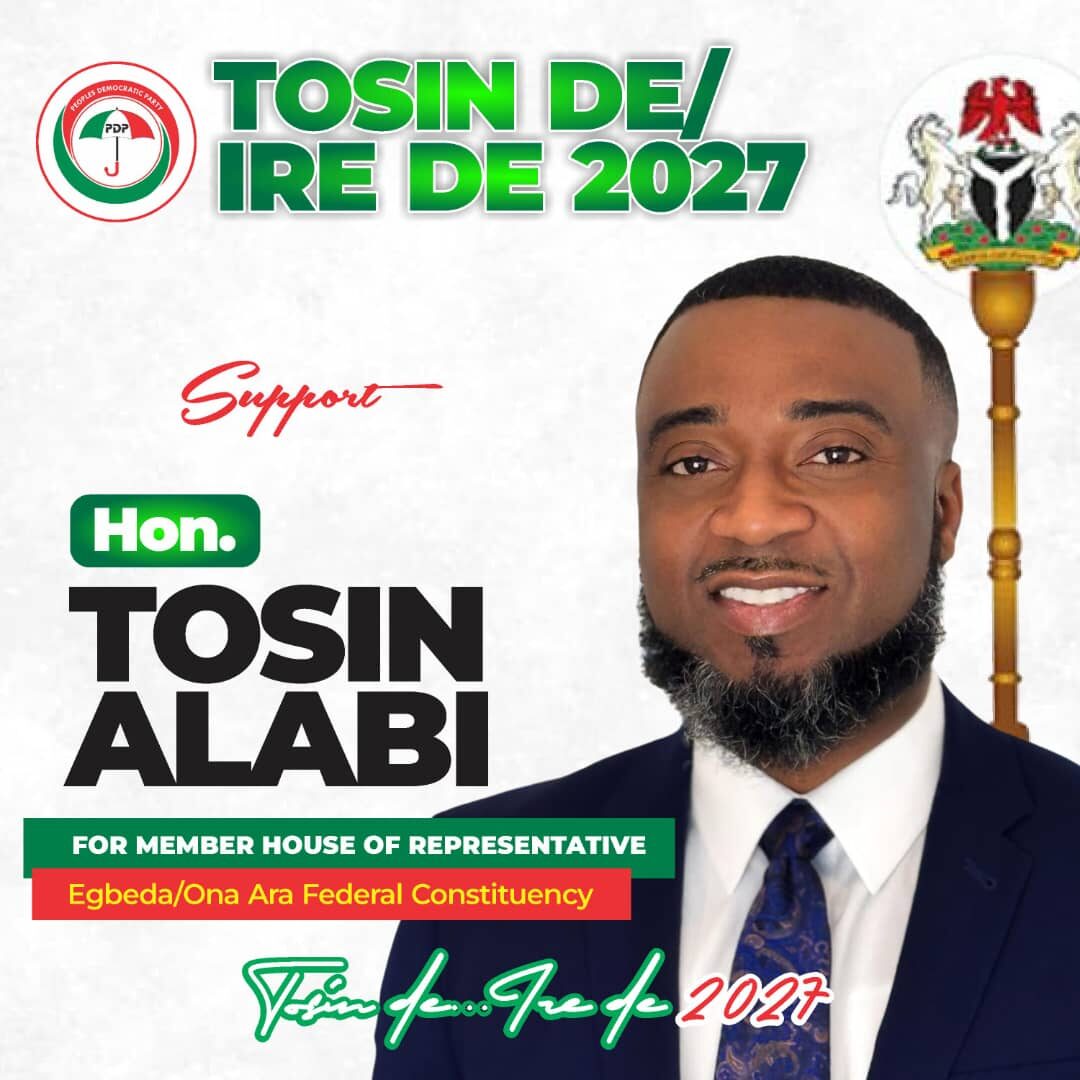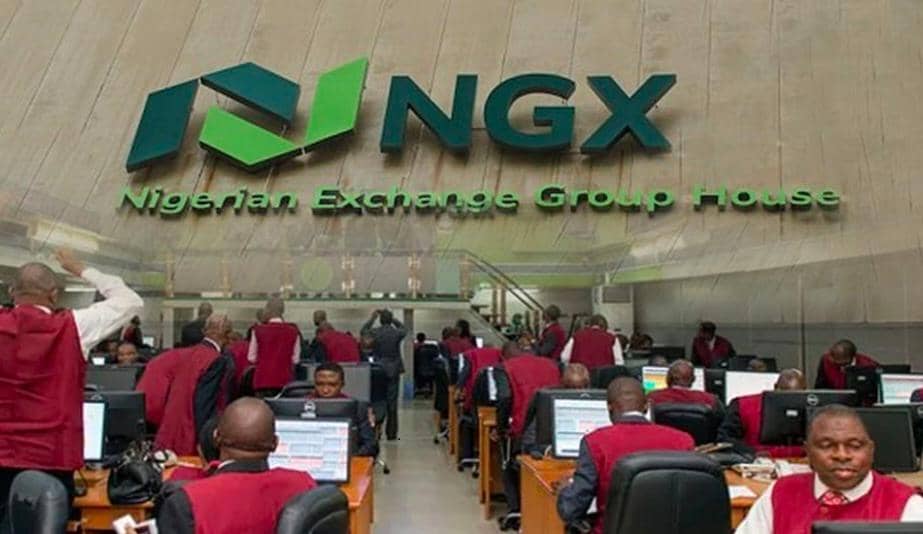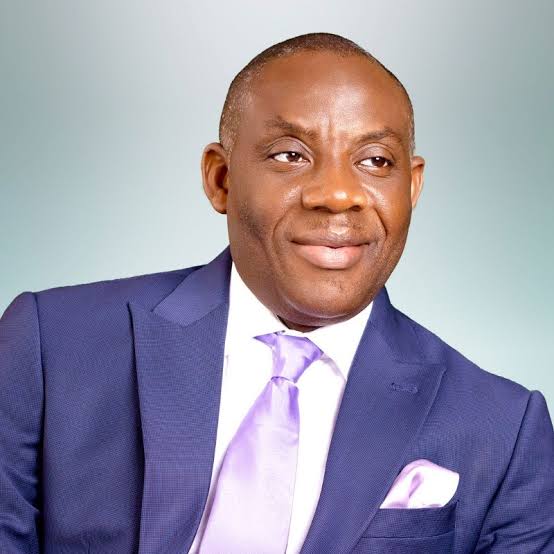Contrary to the speculation that the five per cent fuel tax recently muted by the Federal Government will take effect from 1 January 2026, the Chairman of the Presidential Committee on Fiscal Policy and Tax Reforms, Taiwo Oyedele, has stated there are no indications that this will happen.
Oyedele, speaking on Channels Television’s The Morning Brief on Tuesday, said the decision was made to include the five per cent fuel surcharge in the new law and to set a commencement date in the future, based on an order to be gazetted by the minister.
“So nobody will just spontaneously introduce the tax and create problems for the system,” Oyedele said.
Since the announcement, many Nigerians, as well as labour unions, have raised objections, describing it as ‘one tax too many. They are particularly opposed to such a tax at a time the nation is grappling with an inflation rate of 21.88 per cent.
On Monday, the Trade Union Congress (TUC) issued a 14-day ultimatum for the government to withdraw the tax or risk a national strike.
Oyedele said before the tax laws were enacted, there was an attempt by the Federal Road Maintenance Agency (FERMA) to collect the five per cent fuel tax.
According to him, “I can tell you that before this tax laws were enacted and shortly after it was signed, there was already an attempt by FERMA to even collect the tax and we had to say to them, ‘You can’t collect it because the new law says you’re not the one to collect and commencement will not happen till the minister says so.’ There is nothing that says this tax will start 1st January 2026. People need to get that right.”
Oyedele, who previously stated that the five per cent fuel tax is not new and was introduced in 2007, said it was wrong for the TUC to threaten to go on strike if the decision was not reversed.
He said, “The surcharge was introduced by a previous government and not the administration of President Bola Tinubu.
“TUC, which is planning to go on strike to say it should be removed, I don’t know what they want the government to remove, because it hasn’t been imposed, and there is no regulation that says it would be imposed from January.
“The TUC should have complained and protested when this was introduced in 2007.”
On concerns about inflation, he noted that the real economic burden comes from poor road networks and illegal taxes imposed during transportation.
He disclosed that Nigeria has about 200,000 kilometres of roads, with only 60,000 paved, making logistics costly, unsafe, and inefficient.
According to him, the surcharge will help the government with funds to maintain the roads, while asking for patience from the Nigerians, he insisted that the reform initiatives of the Tinubu administration will yield results.
The new tax is one of the current administration’s series of reforms aimed at boosting tax revenue to finance development.
The government says this new tax will mobilise funds for critical infrastructure, a sector deemed essential for national development. The Nigeria Tax Administration Act already provides for such a tax. According to the plan, it would be “calculated based on the retail price of fuel and diesel” and applied to all taxable fossil fuels supplied or produced in Nigeria, to be collected at the point of supply or sale. However, Kerosene, liquefied petroleum gas (LPG), compressed natural gas (CNG), and renewable energy sources are exempted.
WARNING: If You Are Not 18+, Don’t Click The Link Below 👇🫣
https://facultativethus.com/kx6iepv2qm?key=6c14bd1d68e1eba721851f19778f5efe
Please don’t forget to “Allow the notification” so you will be the first to get our gist when we publish it.
Drop your comment in the section below, and don’t forget to share the post.
Never Miss A Single News Or Gist, Kindly Join Us On WhatsApp Channel:
https://whatsapp.com/channel/0029Vad8g81Eawdsio6INn3B
Telegram Channel:
https://t.me/gistsmateNG











